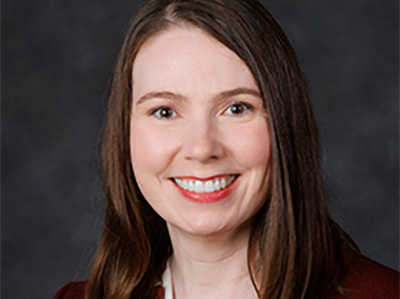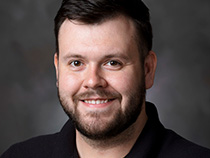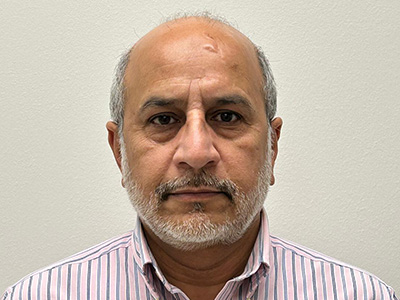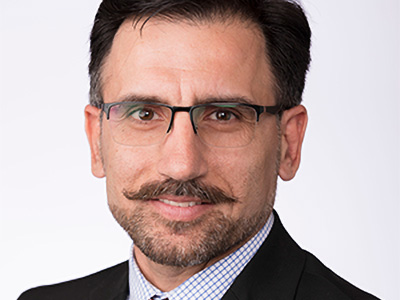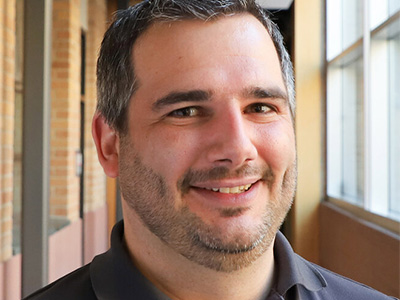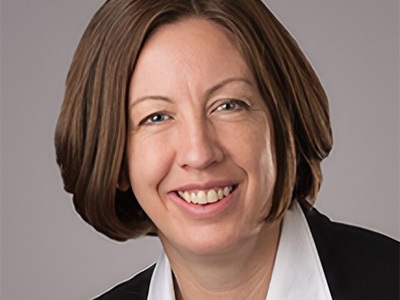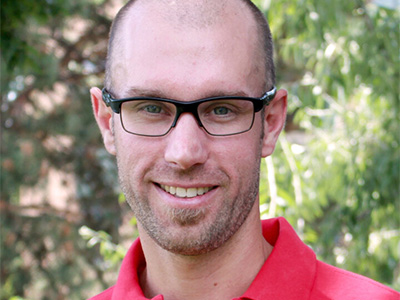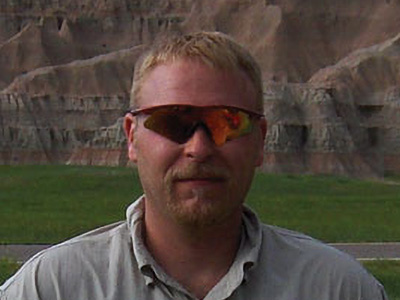Water for Food brings together world-class, multidisciplinary expertise with 136 total Faculty Fellows across all four campuses at the University of Nebraska.
Faculty Fellows contribute to the DWFI’s research, scholarship, engagement and education programs and expand the institute’s work at home and around the world. Their research focuses on various interlinked aspects of food and water security, such as agricultural science, hydrology and water management, climate science, economics, engineering and technology, environmental science, public health, political science, law, sociology and anthropology, education and communication, data science and information, business and entrepreneurship, and natural resource management.
Eight new Faculty Fellows were added in FY2025
Eight new Faculty Fellows were added in FY2025:
Soil Conservation Scientist
School of Natural Resources, UNL
Assistant Geoscientist
UNL School of Natural Resources
Research Assistant Professor
UNMC Department of Environmental, Agricultural and Occupational Health
Director
Center for Afghanistan Studies, UNO
Research Assistant Professor
UNL Department of Agronomy and Horticulture
Professor
UNL College of Education and Human Sciences, Teaching, Learning & Teacher Education
Associate Extension Educator
UNL Department of Agronomy and Horticulture
Adjunct Professor
UNO Department of Geography/Geology
Collectively, DWFI Faculty Fellows have contributed directly to nearly 400 research articles in the areas of food and water security in FY2025. Water for Food leverages this pool of comprehensive research for a holistic approach in addressing the complexities of food and water security to ensure a more secure and sustainable future for all. Two highlights of research by DWFI Faculty Fellows are below.
Irrigation Educator GPT A New Smart Tool for Water Management
A new smart assistant, the Irrigation Educator GPT, is now available to help students, producers, and agricultural professionals make smarter irrigation choices. The tool was developed by Derek Heeren, DWFI education coordinator for irrigation and agricultural water management, along with other irrigation faculty at the University of Nebraska–Lincoln (UNL).
Unlike general AI, this specialized GPT offers accurate and practical advice in over 58 languages, drawing from a reliable knowledge base of books, extension publications, and international reports. This valuable tool is the result of a collaboration between the UNL Department of Biological Systems Engineering, Nebraska Extension, DWFI, and the American Society of Agricultural and Biological Engineers.


